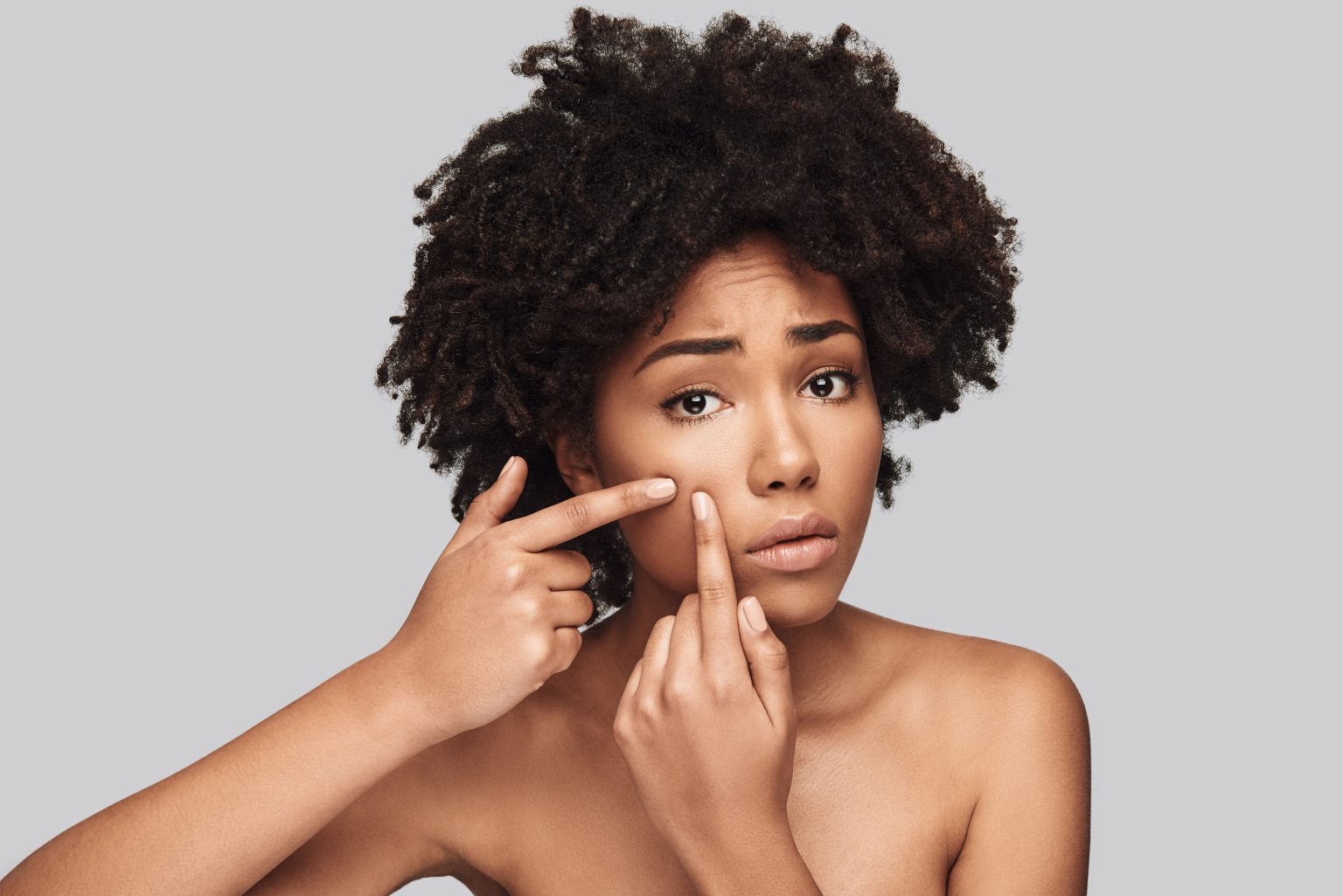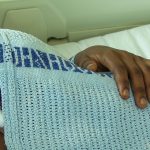Common pregnancy-related skin conditions include acne, stretch marks, hyperpigmentation and melasma or ‘mask of pregnancy’
Having spotless, plump, and glowing skin is every woman’s dream. However, most use dermo-cosmetics, which are skin-care products containing active ingredients, without the recommendation and advice of dermatologists, medical doctors or pharmacists.
Economic factors and insurance challenges are some of the major barriers to accessing dermatological care in Kenya. The average cost of dermatology consultation in Kenya ranges from Ksh1,500 to Ksh20,000, according to Avané Dermatology Clinic in Nairobi, with costs being based on the severity of skin conditions, location of practice, and the dermatologist’s experience.
Unfortunately, Kenya has no national guidelines for the management of skin conditions and limited research data on dermatological conditions does not help matters. The medical and health costs of using cosmetics can be steep if one considers a viral social media post from Dr Christabel Akinola.
In her post, she narrates the case of a 24-year-old woman who delivered a severely deformed baby- without any social history of smoking or drinking alcohol besides religiously taking her antenatal medication throughout her pregnancy.
Dr Akinola wondered how such a healthy, young lady would deliver such a deformed baby. The newborn had heart defects, absent ears, cleft lip, and hydrocephalus (water in the brain). Dr Akinola noticed the patient had clear, soft, and dewy skin; rare for one in her third trimester.
The new mother answered ’yes’ when Dr Akinola asked whether she used tretinoin or retinol (vitamin A-derived skincare ingredients) on her skin.

Retinoids are a classification of synthetic compounds derived from vitamin A. Examples include retinoid esters such as retinyl palmitate, adapalene (better known as Differin), retinoic acid (tretinoin), isotretinoin (commonly known as Accutane), retinal (retinaldehyde), retinol and tazarotene.
Accutane is available as prescription-only oral pills, whereas the rest are available as creams, gels, or serums. Retinoid esters, retinal and retinol are the weakest forms of retinoids.
Dermatologists consider retinoids as holy-grail skin-care ingredients because of their numerous benefits. They stimulate collagen production, thus promoting skin elasticity, and reducing the appearance of fine lines and wrinkles. They also enhance skin-cell turnover and decrease oil production by sebaceous glands, justifying their indication for cystic acne. When applied to the skin, retinoids penetrate the skin barrier and enter the bloodstream, depending on location, nature of skin and skin conditions.
Penetration of retinoid products is enhanced in inflamed compared to intact skin, conditions like psoriasis and dermatitis and thin skin areas including eyelids and armpits. Once absorbed, oral and topical retinoids are distributed in various body organs, including the placenta, in pregnant mothers. The extent of absorption and distribution depends on the potency, or strength, and concentration of the retinoid in the dermo cosmetic.
Common pregnancy-related skin conditions include acne resulting from increased activity of oil and sweat glands due to hormonal changes, stretch marks, hyperpigmentation which is darkening of the skin due to overproduction of melanin, and melasma, a form of hyperpigmentation nicknamed ‘mask of pregnancy’. These skin problems can all be treated using retinoids.
In March 2018, the European Medicines Agency (EMA) reviewed retinoid products. Their research confirmed that oral retinoids can cause harm to fetuses and, therefore, should not be used by expectant mothers. Topical retinoids were found to be less likely to be harmful to the unborn foetus. However, as a precaution, should be avoided during pregnancy or by women planning to conceive.
America’s National Center for Biotechnology Information (NCBI) defines Foetal Retinoid Syndrome as a teratogenic (birth-defects) disorder observed in a newborn of a mother who was exposed to retinoids during pregnancy. Manifestations include growth delay, skull, facial, heart, and central nervous system (CNS) abnormalities. The newborns may present with eyes set far apart or missing, low-set ears with narrow ear canals, absent ears, webbed fingers, and skeletal malformations affecting their legs and spine.
The risk of giving birth to a newborn with these congenital malformations is higher if retinoid products are used in the first trimester compared to the second and third trimesters of pregnancy. This is because foetal organ formation occurs during the first three months of pregnancy.
Users are at risk of spontaneous miscarriages and giving birth to deformed babies
The foetus’ brain and body continue developing from the fourth to the ninth month of pregnancy. Despite the limited risk of foetal retinoid exposure in the second and third trimesters, its use is ill-advised for safety reasons.
Limited data provide evidence on the excretion of retinoids into breast milk which is also not recommended because of the risk of birth defects, according to New York based Dr Hadley King, a board-certified dermatologist. Pregnant women who have recently used retinoids should consult their gynaecologists or other medics for management options.
Pharmaceutical manufacturers, on the other hand, discourage women of childbearing age from using isotretinoin pills one month before conception.
According to the United Kingdom’s Royal College of Obstetricians and Gynecologists, the management of pregnant women who conceive following recent exposure to isotretinoin is more difficult compared to pregnant women already on isotretinoin. The former group is at risk of spontaneous miscarriages and giving birth to deformed babies. Seeking expert advice before incorporating retinoids into their skincare routine is recommended.
Dermatologists should provide educative information on the teratogenic effects of isotretinoin before prescribing it to young women for the management of severe acne. Medically supervised pregnancy tests should be performed during the prescription, monthly during therapy, and five weeks after treatment.
Ideally, young patients with no intention of getting pregnant soon and undergoing retinoid treatment should be on hormonal contraceptives unless otherwise contraindicated. Barrier contraceptives like condoms should also be used a week before and one month following cessation of isotretinoin to avoid birth defects.
Kenyans should purchase dermo-cosmetics from licensed pharmacies and dermatology clinics as buying from non-regulated premises may be financially cheaper, but costly in the long run.
Counterfeit skin-care products can be identified by scanning the QR code to obtain authentic manufacturers’ details, examining the package to look for differences in design, fonts and colours, checking for product reviews and ratings, checking and verifying serial numbers, bar codes, and manufacturing details and finally, by contacting the brand’s customer care in case of any doubts.
In case of any adverse effect or any safety concerns resulting from dermo-cosmetics, Kenyans should report to the Pharmacovigilance Electronic Reporting System (PvERS) online or by dialling *271# on their mobile phones.
Finally, the Kenya Bureau of Standards (KEBS) and Pharmacy and Poisons Board (PPB) should strengthen the pharmacovigilance or drug safety systems and regulatory frameworks on dermo-cosmetics. This is of paramount importance in safeguarding public health.
Dr Sharon Wambua is a Pharmacist and creative non-fiction writer



















